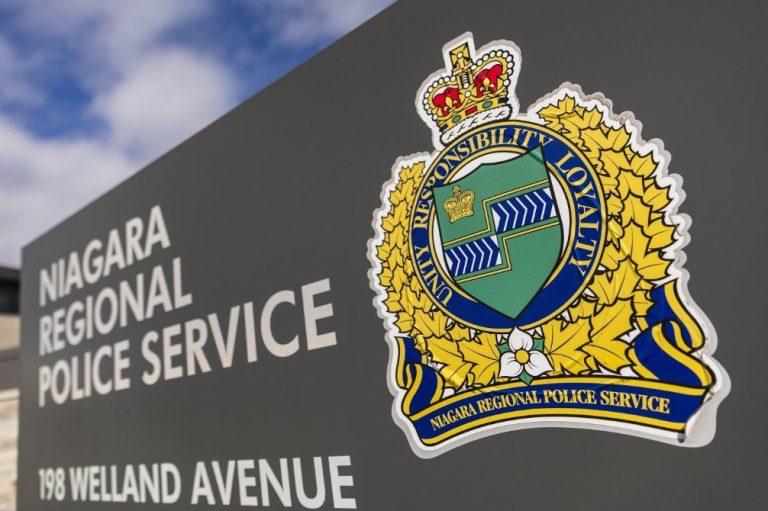JetBlue passenger severely burned after crew spilled hot tea, lawsuit says
In May 2024, a JetBlue passenger filed a lawsuit against the airline, alleging severe burns from a spilled cup of hot tea during a flight. The incident has sparked discussions about airline safety protocols, passenger rights, and the responsibilities of carriers in ensuring passenger well-being.
Incident Overview
On May 15, 2024, Tahjana Lewis was aboard JetBlue Flight 2237, traveling from Orlando, Florida, to Hartford, Connecticut. During the flight, while the “fasten seatbelt” sign was illuminated due to turbulence, a flight attendant serving another passenger allegedly spilled a cup of “unreasonably and dangerously hot” tea onto Lewis. The lawsuit claims that the tea caused severe burns to her upper chest, breasts, legs, left buttock, and right arm, resulting in disfigurement and scarring.
Allegations Against JetBlue
The lawsuit filed in the U.S. District Court for the District of Connecticut accuses JetBlue of negligence on several fronts:
Serving Hot Beverages During Turbulence: The complaint alleges that the crew continued beverage service despite ongoing turbulence and the activation of the seatbelt sign, which posed a risk to passenger safety.
Excessively Hot Beverage: It is claimed that the tea was heated to a temperature that was “unreasonably and dangerously hot,” making it capable of causing severe burns upon contact.
Inadequate First Aid Response: The lawsuit asserts that the flight crew failed to administer proper first aid to Lewis following the incident, potentially exacerbating her injuries.
Lewis is seeking damages exceeding $1.5 million to cover medical expenses, pain and suffering, and anticipated future treatments for her injuries, some of which are claimed to be permanent or permanently disabling.
JetBlue’s Response
As of now, JetBlue has not publicly commented on the lawsuit. The airline typically refrains from discussing ongoing legal matters.
Legal Considerations
This case brings to light several legal issues concerning airline operations and passenger safety:
Duty of Care: Airlines are classified as common carriers and are thus obligated to exercise a high degree of care to ensure passenger safety. The central question is whether JetBlue breached this duty by serving hot beverages during turbulent conditions.
Negligence: To establish negligence, the plaintiff must demonstrate that the airline’s actions directly caused the injuries. This includes evaluating the temperature at which beverages are served and the decision to continue service amid turbulence.
Damages: The extent of Lewis’s injuries, both physical and psychological, will be scrutinized to determine appropriate compensation. This encompasses medical costs, emotional distress, and any lasting impairments.
Industry Implications
This lawsuit underscores the need for airlines to reassess their in-flight service protocols, especially during adverse conditions. Key considerations include:
Beverage Temperature Standards: Ensuring that hot beverages are served at safe temperatures to minimize burn risks.
Service Suspension During Turbulence: Implementing strict guidelines to halt in-flight services when turbulence is anticipated or seatbelt signs are active.
Crew Training: Enhancing training programs to equip flight attendants with the skills to handle in-flight injuries effectively and administer appropriate first aid.
Similar Incidents
This case is not isolated; other passengers have filed lawsuits against airlines under comparable circumstances:
American Airlines Coffee Spill: In September 2024, a passenger sued American Airlines after a coffee pot allegedly fell onto her lap during turbulence, causing first- and second-degree burns.
JetBlue Ice Cream Incident: In October 2024, another passenger sued JetBlue, claiming she fractured a tooth on a “frozen solid” ice cream sandwich served during a flight, leading to emergency dental surgery.
The lawsuit against JetBlue highlights the critical importance of stringent safety protocols and attentive in-flight service practices. As the case progresses, it may prompt airlines to reevaluate and enhance their procedures to better protect passengers and mitigate potential liabilities.





